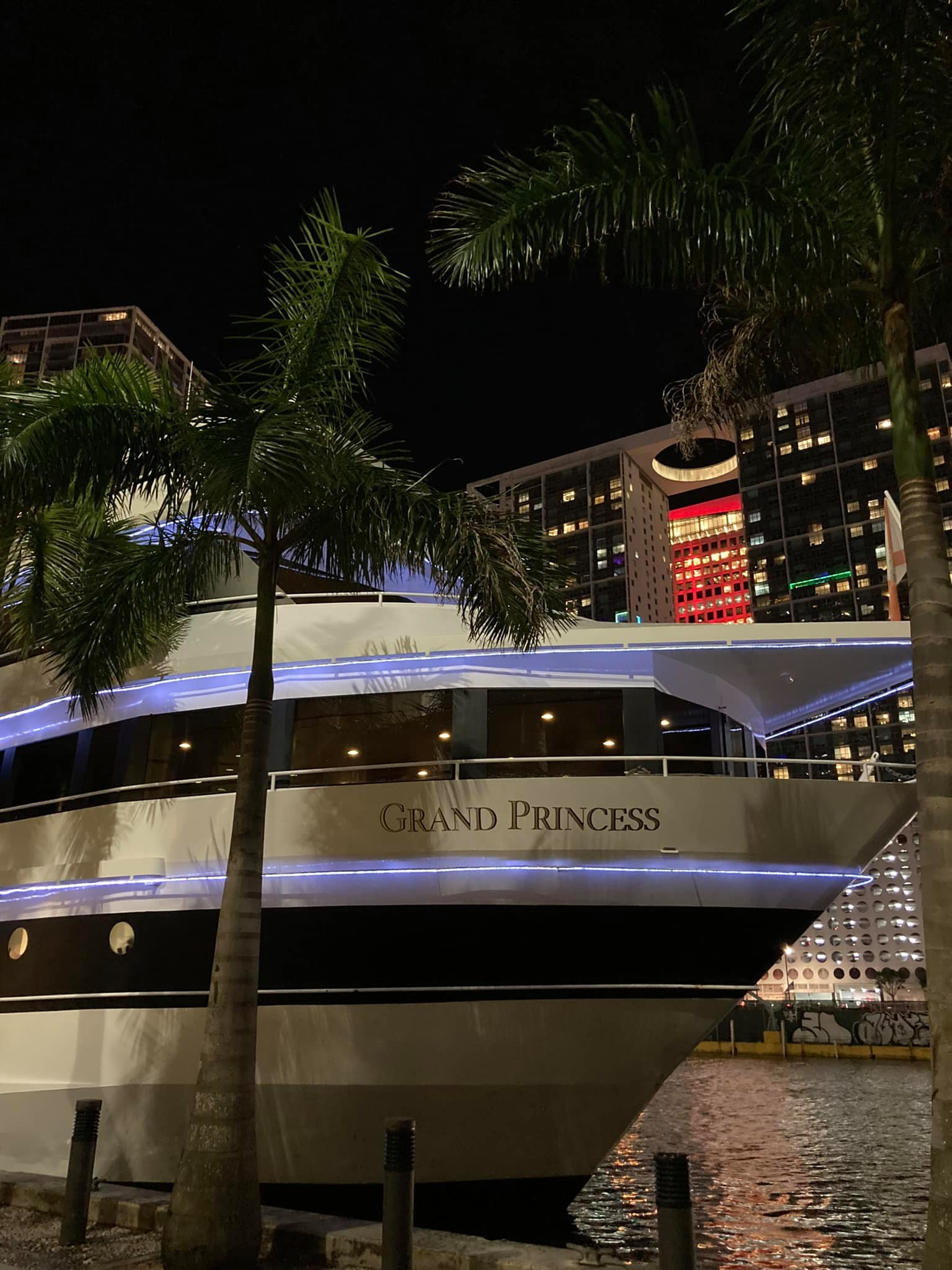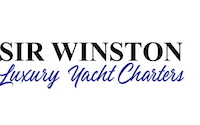The Grand Princess Yacht (PReviously The Grand Floridian)
Our luxury yacht lineup features The Grand Princess (formerly known as The Grand Floridian) as well as a wide variety of luxury yachts. We’re confident you’ll find the perfect boat for your needs, whether you’re throwing an elegant event, corporate event, holiday party, fund raiser, a wedding, birthday celebration, association dinner, incentive group gathering, quinceanera, mitzvah, or high school reunion.
We’re the number one yacht charter for events in the region. Sir Winston Luxury Yacht Charters is South Florida’s premier event and wedding yacht charters

Grand Princess – Grand Floridian Yacht Charter
Celebrate Any Event With A Full-Service Yacht Charter
We’re here to not only meet but to far exceed your expectations. When you’re ready for an elevated experience, we’re here to help. Our charter specialists will be with you every step of the way to ensure your booking is made with time to spare and your event goes off without a hitch.
We make sure our yacht is immaculately cleaned and maintained, ready to be enjoyed by you and your guests. Whatever your requirements and specifications are, we have the yacht charter experience that is sure to make the perfect fit for your needs.
Book Your Luxury or Private Yacht Today
Contact Sir Winston Luxury Yacht Charters today to book your private yacht or luxury yacht for your next event in Miami, FL. We are the area’s leading private yacht charters and luxury yacht charters here to add a perfect touch of class to your next event.



The ultimate Charter specialists with professional Staff, Crew & Chefs
Our experienced charter specialists will ensure that all your expectations are exceeded. Chartering from various locations in Miami, Miami Beach, Fort Lauderdale and The Palm Beaches from 100 to 500 guests. All stock linens, china, silverware and glassware are all included.
